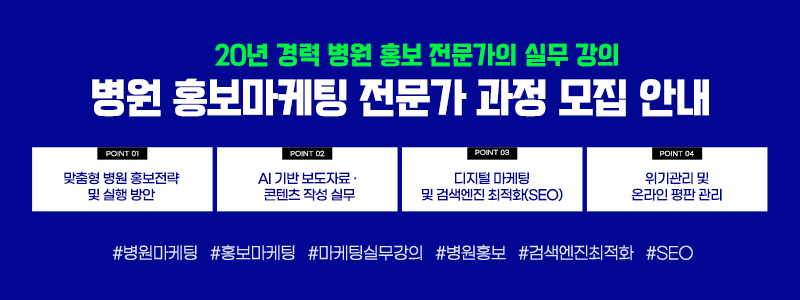The hospital’s Breast Cancer Center—led by Professors Hyung Seok Park, Jiye Kim, and Ji Hyun Ahn—pioneered robotic breast cancer surgery in Asia in 2016. After reaching 500 cases in July 2023, the team doubled that number in just two years, hitting the 1,000-case mark by September 2025.
Breast cancer, one of the most common cancers among women, is typically treated with a combination of surgery, chemotherapy, and in some cases radiation therapy or hormone therapy. Traditional open surgery involves direct incisions on the breast, often leaving visible scars. In contrast, robotic surgery using systems like the da Vinci SP (Single Port) requires only 2–6 cm incisions, typically placed in the armpit or flank. This approach allows surgeons to remove cancerous tissue with precision, minimizing scarring on the breast and reducing the risk of skin damage. Patients report higher satisfaction due to improved cosmetic outcomes.
The technique has also proven effective for prophylactic mastectomies in patients with BRCA gene mutations, offering a safe option for those at high risk of breast cancer.

“This milestone of 1,000 cases reflects the trust patients have placed in us,” said Professor Hyung Seok Park. “We remain committed to delivering safe, precise surgeries and patient-centered care through our multidisciplinary model.”
The hospital’s robotic surgery expertise has drawn international recognition, with institutions such as Harvard Medical School and the Mayo Clinic noting Yonsei’s advancements. The program continues to serve as a model for global advancements in robotic-assisted breast cancer treatment.
Lim Hye Jung, HEALTH IN NEWS TEAM
press@hinews.co.kr


